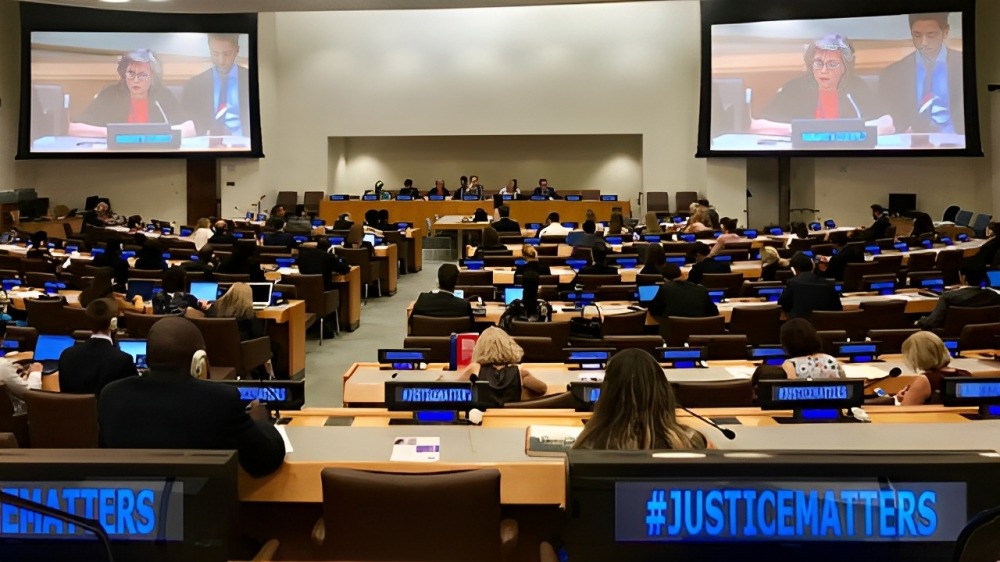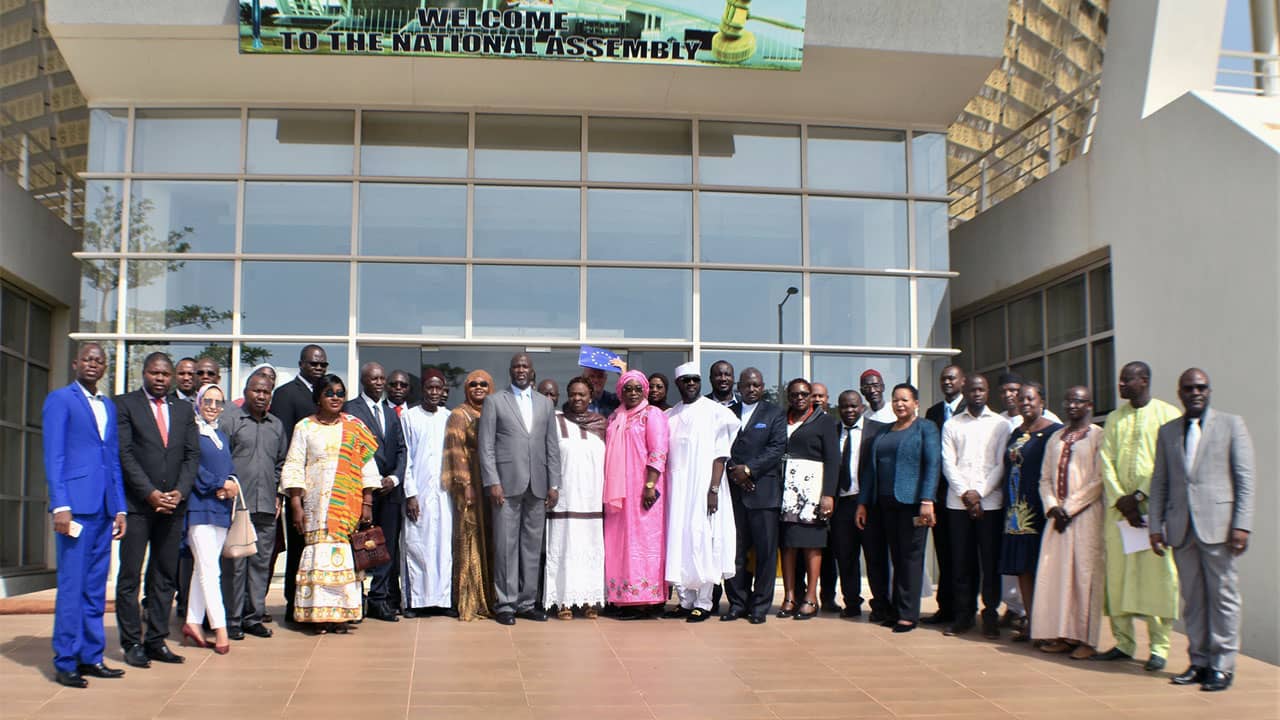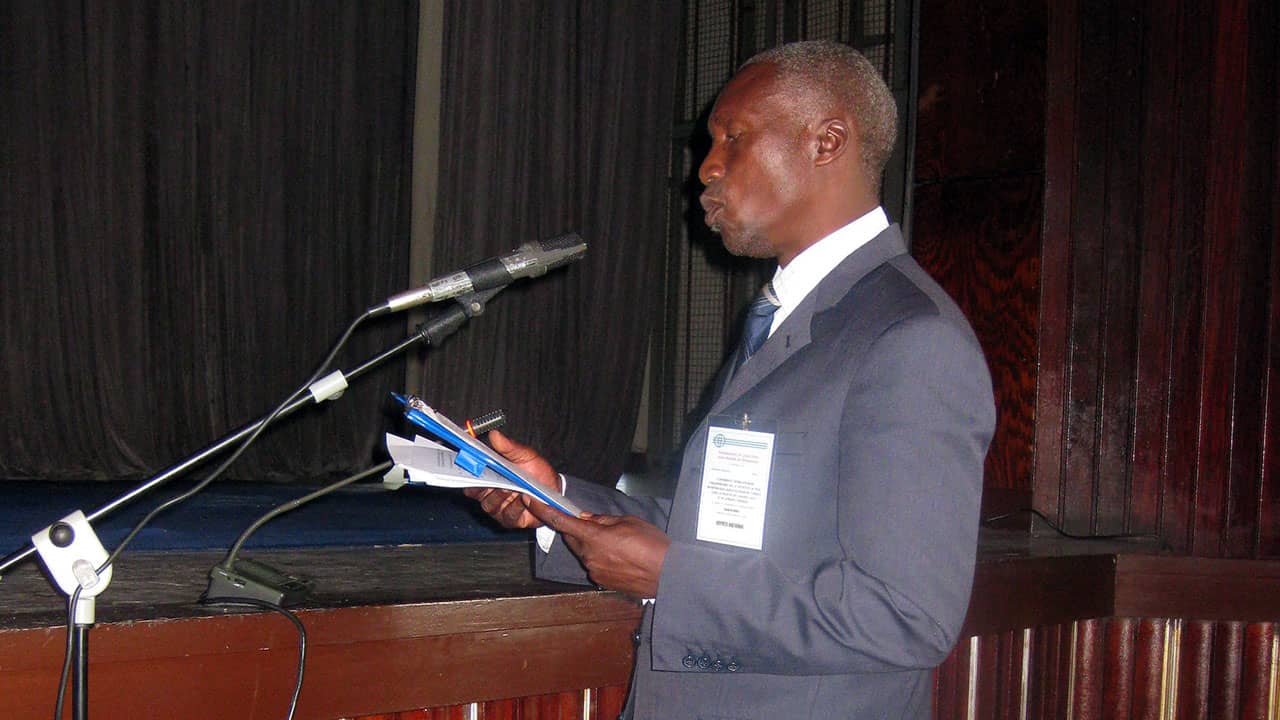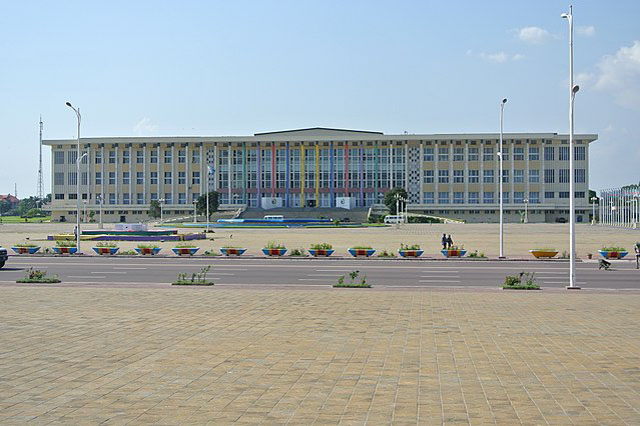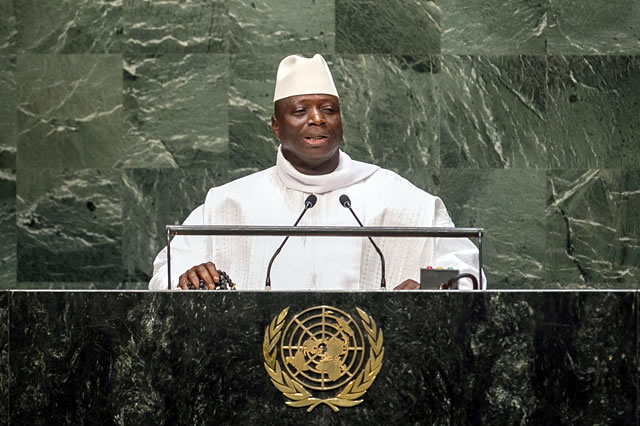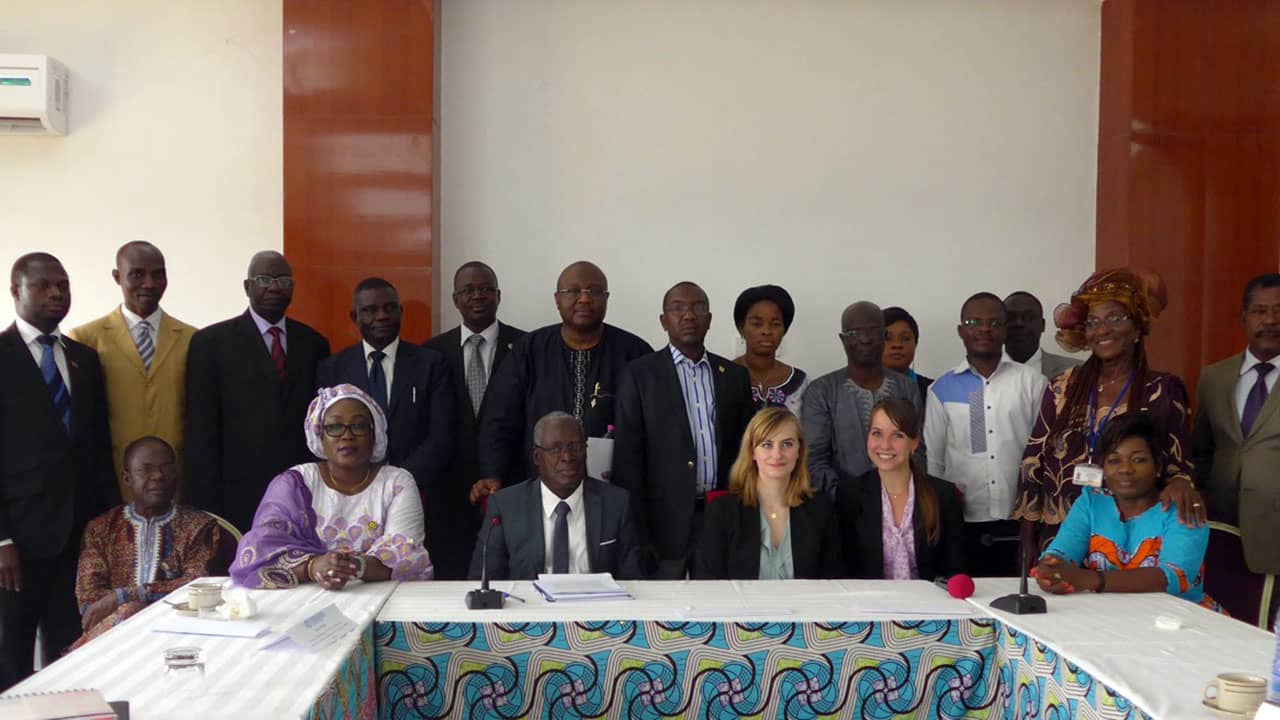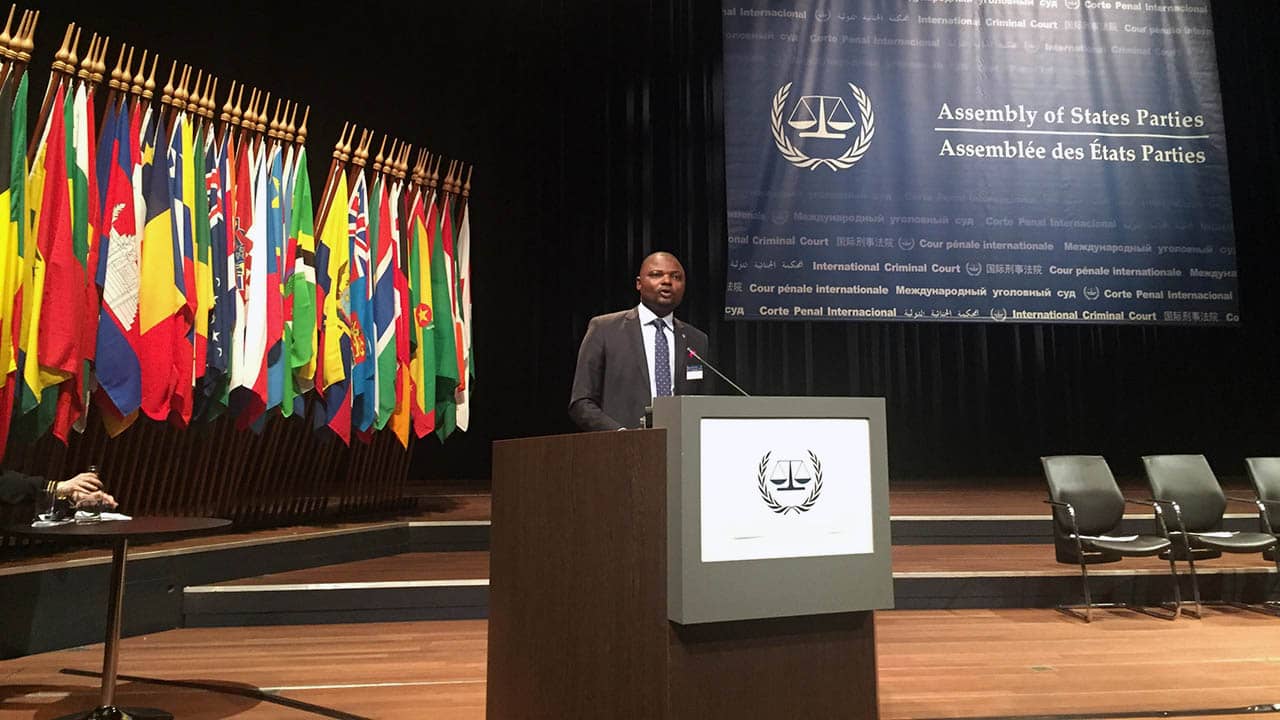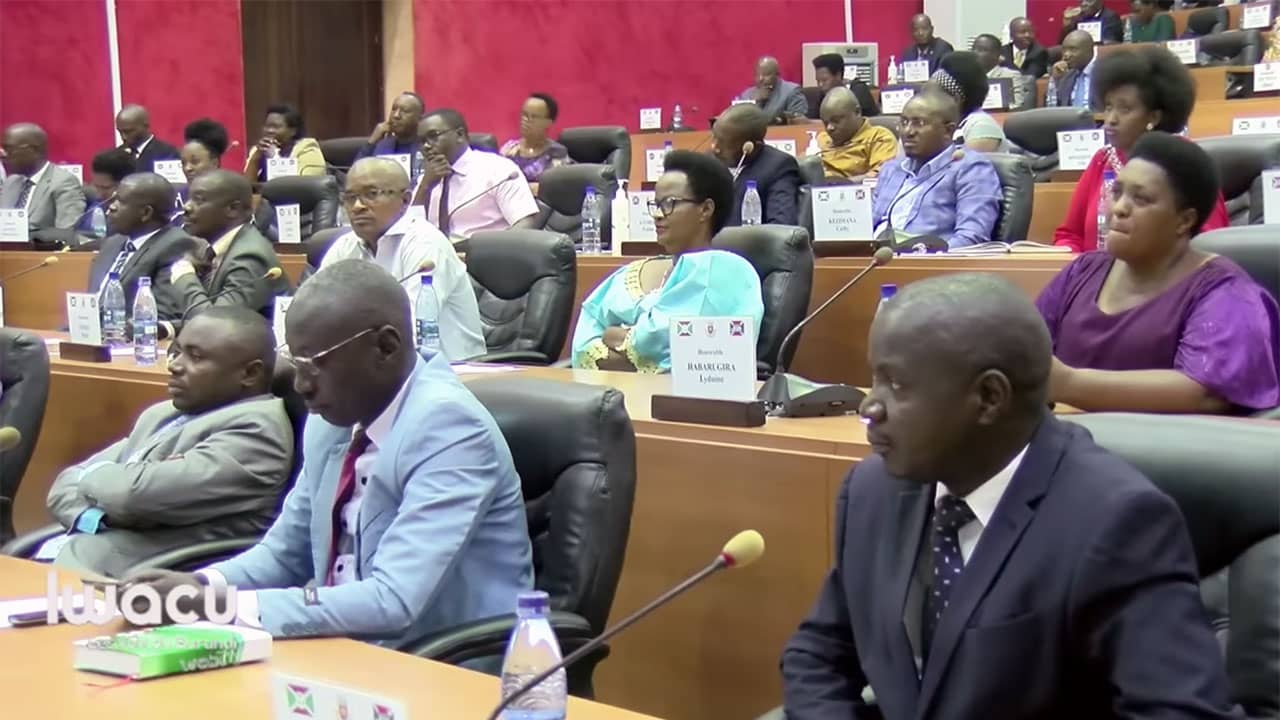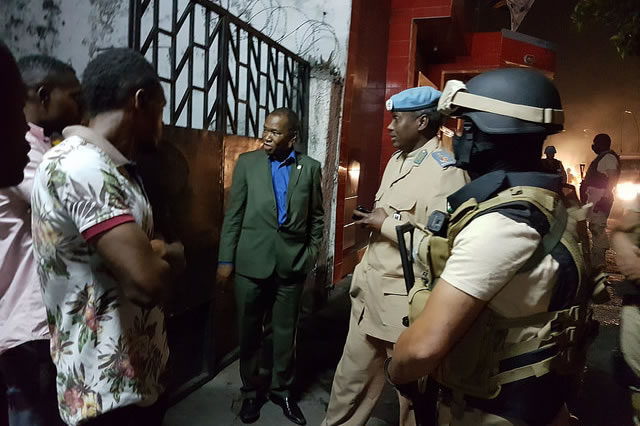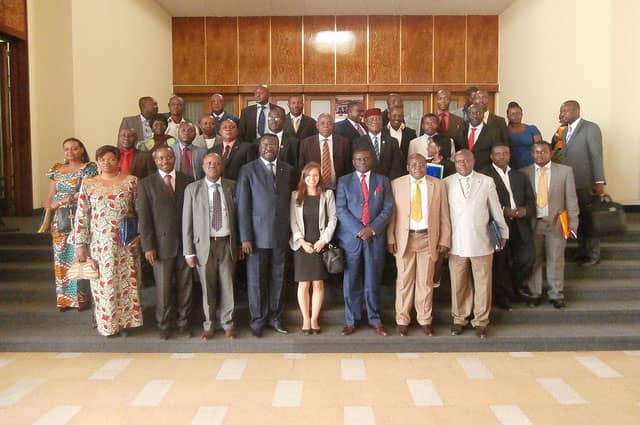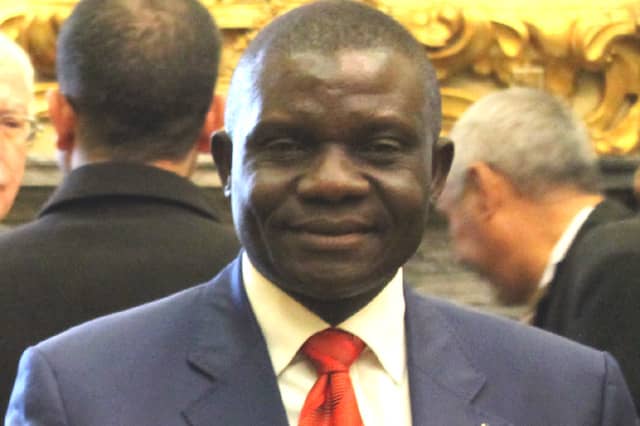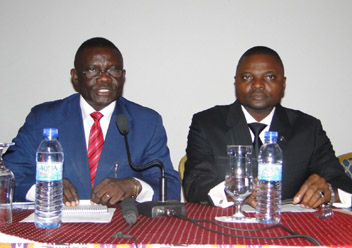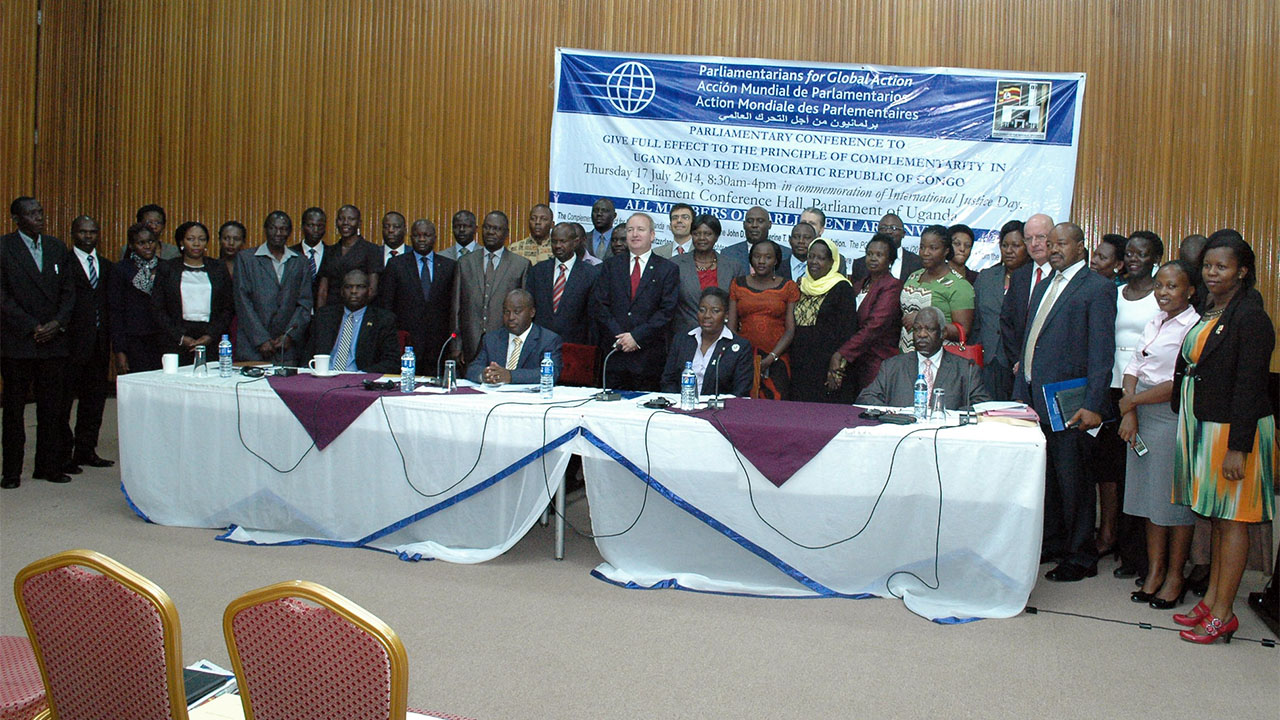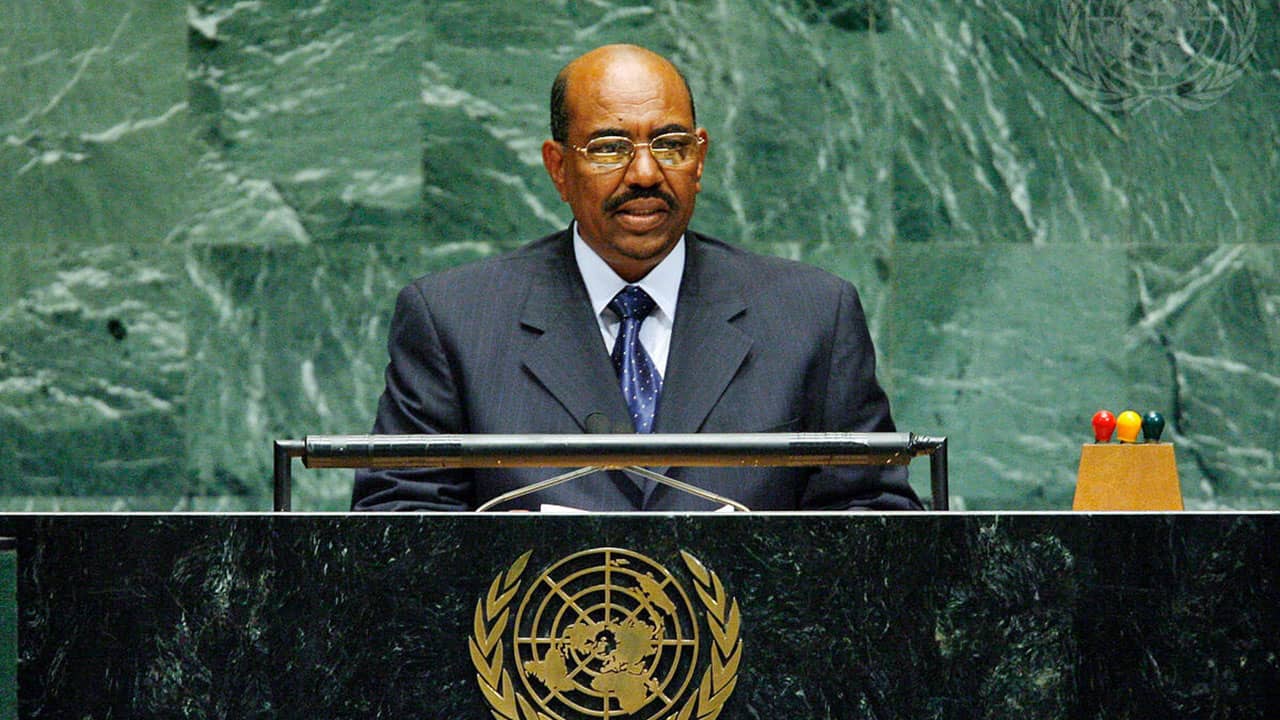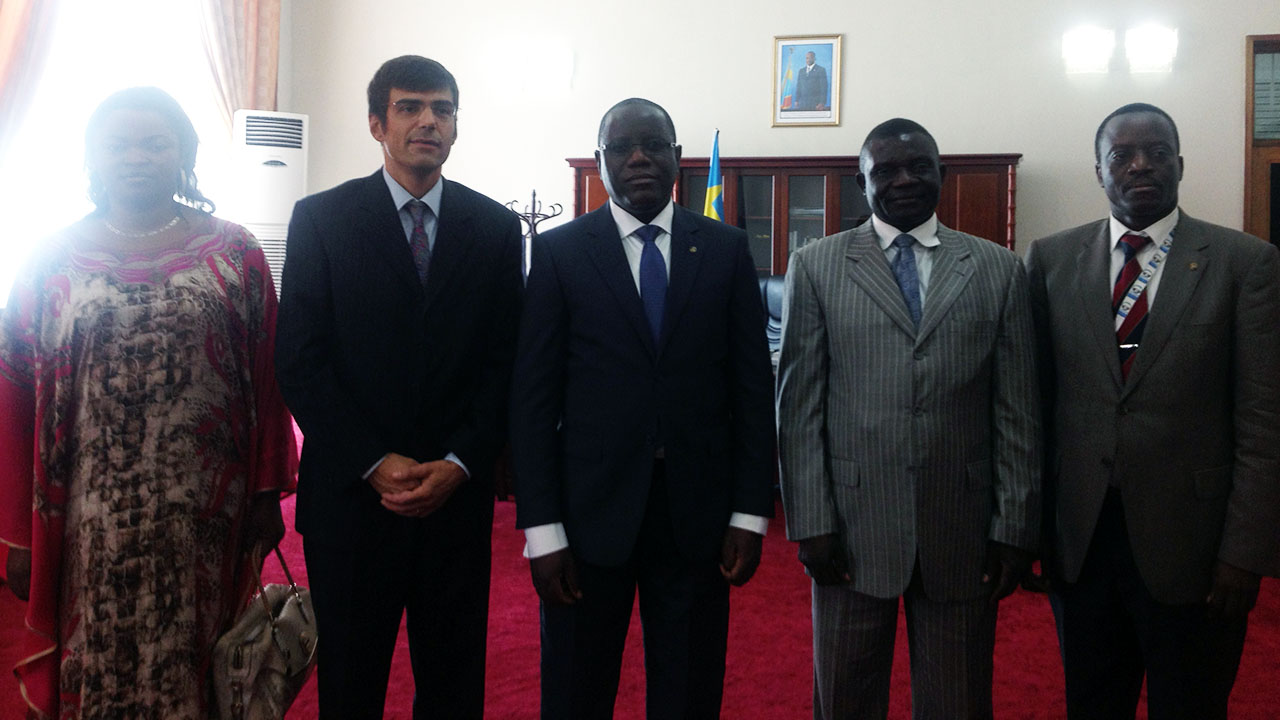Democratic Republic of the Congo (DRC) and the Rome Statute
PGA Members in the Democratic Republic of Congo (DRC) – both in the National Parliament and in Provincial Assemblies - have been mobilized on promoting the fight against impunity since 2006. These efforts culminated in the adoption of a legislation fully implementing the Rome Statute on 31 December 2015. This legislation also establishes the competence of civilian courts over international cries and organizes cooperation with the ICC. PGA Members remain mobilized on promoting the ratification of the amendments to the Rome Statute.
| Signature, Ratification of/Accession to the Rome Statute of the ICC
|
| Signature Date: |
8 September 2000 |
| Ratification Date: |
11 April 2002 |
| Amendments to the Rome Statute
|
| Ratification of the Kampala Amendment to Article 8 of the Rome Statute on war crimes [poison and expanding bullets in NIAC] (2010): |
No |
| Ratification of the Kampala Amendment to the Rome Statute on the crime of aggression reflected in Article 8 bis (2010): |
No |
| Ratification of the Amendment to Article 124 of the Rome Statute (2015): |
No |
| Ratification of the Amendment to Article 8 of the Rome Statute on war crimes [biological weapons] (2017): |
No |
| Ratification of the Amendment to Article 8 of the Rome Statute on war crimes [blinding laser weapons] (2017): |
No |
| Ratification of the Amendment to Article 8 of the Rome Statute on war crimes [non-detectable fragments] (2017): |
No |
| Ratification of the Amendments to Article 8 of the Rome Statute on war crimes [starvation as a war crime in NIAC] (2019): |
No |
| Cooperation Agreements |
| Ratification of Agreement on Privileges and Immunities of the Court (APIC): |
Yes, acceded on 3 July 2007. |
| Signature of Agreement of Enforcement Sentences with the ICC: |
No, however the DRC has adopted two ad hoc agreements. |
| Signature of Agreement of Interim and Final Release with the ICC: |
No. |
| Signature of Bilateral Immunity Agreement with the USA: |
Yes, signed at Washington on 19 March 2003 and entered into force on 22 July 2003. |



